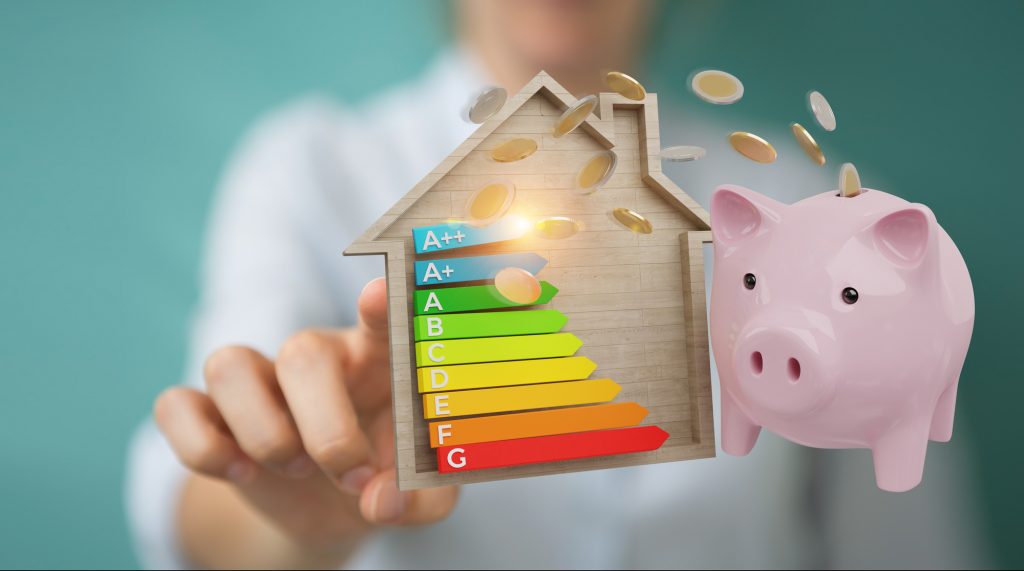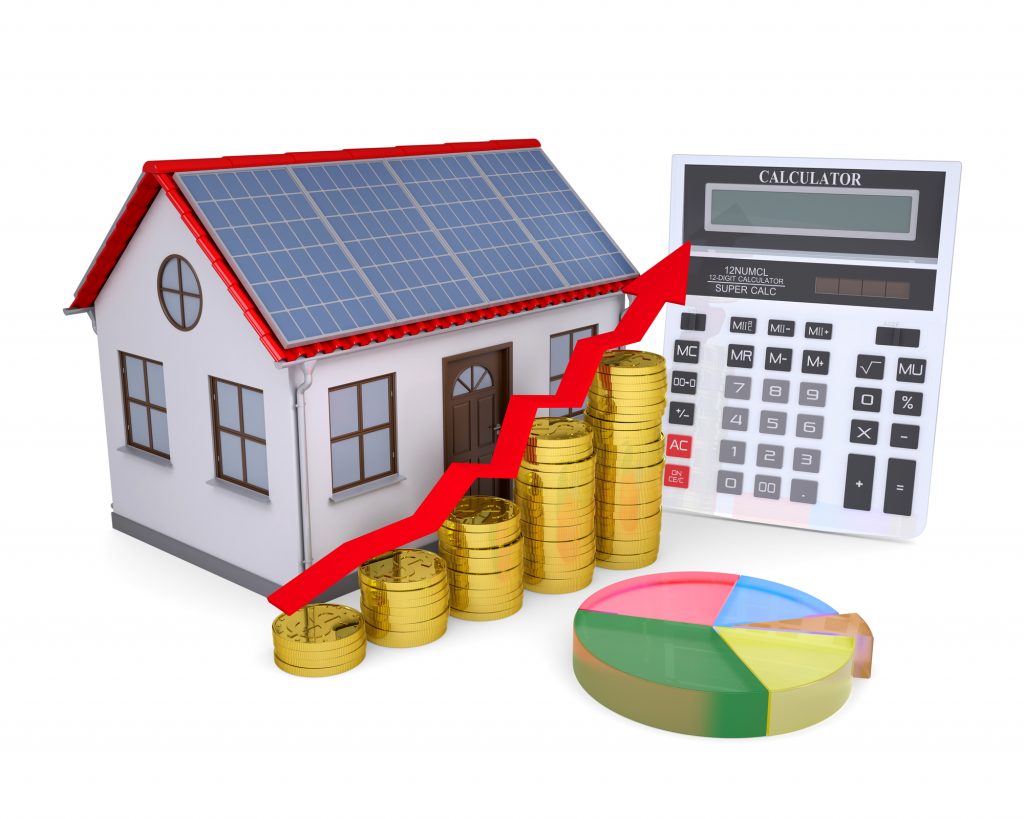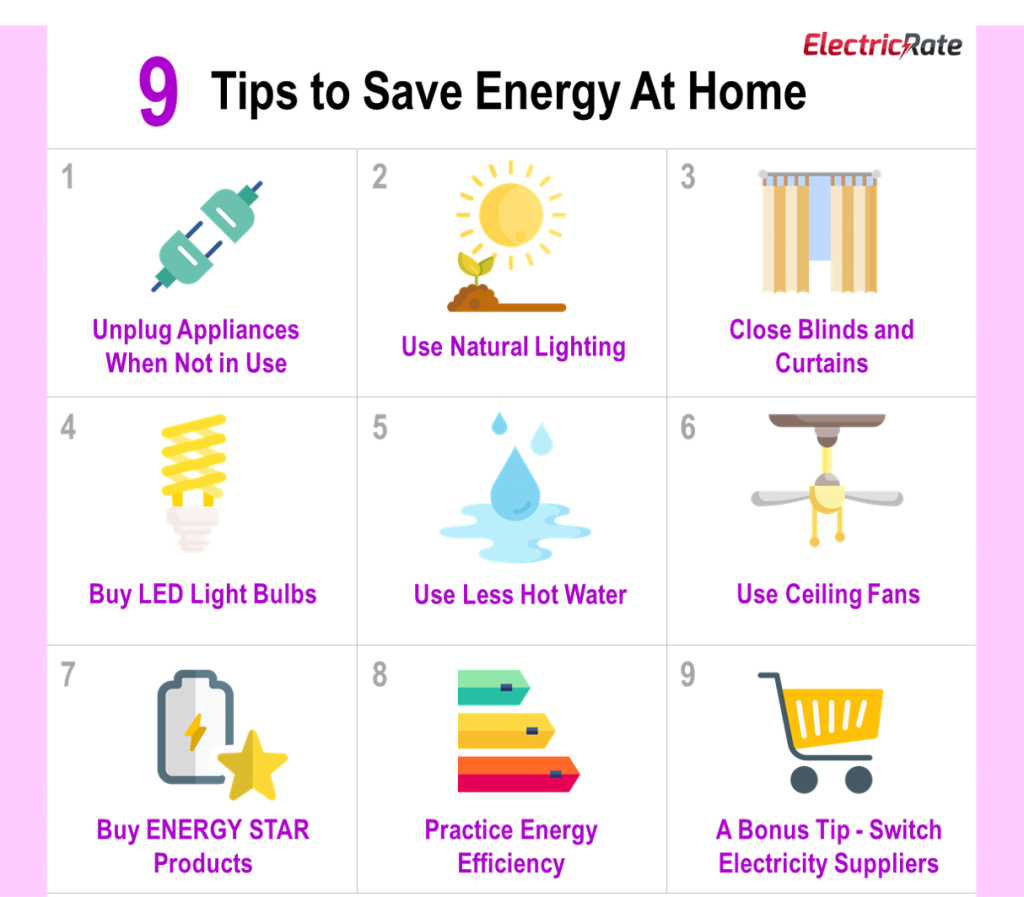In Depth Explanation About Saving Energy
We often hear that reducing our energy use is good for the environment. However, if you are still wondering whether it’s worth it, we have some interesting information for you. Not only can you save money on your next electric bill, but there are also additional benefits to being energy efficient. How would you like to improve your home air quality, increase your property value and earn a return on investment, all with small changes to your daily habits and energy-saving tips?
Why Should You Start Saving Energy Now?
You might not be aware of just how much energy gets wasted in U.S. homes and the problem it creates, so let’s start with some spooky statistics:
- The U.S. wastes most electricity in the world with 58 percent of all electricity wasted, leaving us at only 42% energy efficiency levels
- Americans spend $130 billion a year on wasted energy that powers standby appliances and heat lost through badly insulated walls
- The annual utility bill for an average American household was $3,885 in 2015 – an increase of $462, or roughly 13.5 percent since 2000
- The average American household produces 7.5 tons of Carbon dioxide (CO2) emissions in one year – a triple what it was 50 years ago
The obvious bottom line is – wasted energy is a problem, not only for your wallet but also for the environment, and by making small changes to your daily behavior, you can help both. If you’ve read articles about ways to save energy at home in the past and thought they sounded costly or unrealistic, we have good news. They don’t have to be.
Is it really possible to generate sufficient energy saving without jeopardizing your comfort levels or spending a small fortune on smart devices that do the work for you? Yes. We will show you easy affordable ways to use less energy at home later in the article. But first, let’s analyze the impact of saving energy on the environment.
What Impact Does Saving Energy Have On The Environment?
The below Berkeley Earth global temperature report shows temperature changes in 2019 relative to the period 1951 – 1980. It not only confirms that the planet is getting warmer but also that people in some parts of the world will get impacted more than others.
The residential energy use of homes accounts for roughly 20% of greenhouse gas emissions in the United States, mostly due to heating, cooling, and powering electric appliances. This is because, in order to generate electricity, we burn coal, crude oil, or other fossil fuels. These non-renewable sources are relatively inexpensive, but our planet pays a high price – carbon dioxide emissions.
Greenhouse gas emissions from human activities are the main driver of global warming – a phenomenon characterized by gradual warming of the planet, increased frequency of extreme weather conditions, and negative impact on the natural environment.
Residential energy adds roughly 441 million tons of carbon dioxide annually, a mind-boggling amount of carbon released into the atmosphere. The air pollution associated with CO2 emissions is expected to cause the U.S 1,000 to 4,300 premature deaths each year by 2050. The importance of energy conservation cannot be overstated.
What Are Other Benefits Of Saving Energy?
If you are not yet convinced about protecting the environment, we get it. It’s hard to consider the global impact of CO2 emissions on our future when most of us are just trying to get through the day or week. Luckily, there are other benefits of using less energy – most of which you will feel immediately.
Reduce Utility Bills and Save Money
The US Department of Energy (DoE) estimates that homes and businesses could lower their annual bill by as much as $500 by conserving energy. That’s a lot of money considering that majority of energy-efficient methods proposed by DoE are free-air drying dishes rather than using the dishwasher drying cycle, turning off lights, unplugging appliances that aren’t in use, and checking that windows are closed when heating or cooling the space.
Enhance the Quality of Life
Implementing energy efficiency measures, such as tightening the buildings through air sealing and other home weatherization techniques will improve indoor air quality and make your home more comfortable. The air is full of indoor pollutants like radon, mold, and other particles, potentially leading to a variety of health risks. A well-ventilated dry room will reduce the risk of diseases for your family.
Increase Property Value
Homes fitted with equipment to conserve energy sell for a higher price on the real estate market. According to a National Association of Home Builder survey, buyers are willing to pay an additional $8,728 for homes with reduced energy costs, such as due to better insulation, an energy-efficient HVAC system, or a cool roof.
Solar panels installed on your roof increase your home’s property value by up to 4.1% compared to homes with no panels. That’s a net benefit of an additional $9,274 for the median-valued home in the U.S.
Earn a Great Return on Your Investment
When purchasing energy efficiency products, you are essentially investing in savings that accumulate over the lifespan of the product. For example, when purchasing appliances with the ENERGY STAR label, you not only save 15-30% electricity every time you use them but are also guaranteed to decrease wear and tear due to high-quality standards, which means that you won’t have to replace them as often.
Qualifying for Incentives That Save You Even More
Many U.S. states encourage residents to reduce their energy consumption at home and help the state governments reach their environmental goals. To incentivize the adoption of measures that save energy, the federal and state governments offer various tax credits and rebates for residents to reduce the cost of these measures and benefit financially.
Ways To Save Energy Effectively
Is it possible to use less electricity without pricey needing to install sensors or major sacrifices in the comfort department? Of course. We bring you 9 affordable ways to reduce your electricity costs at home to help your wallet and the environment.
Unplug Appliances When Not in Use
Get in a habit of unplugging appliances you are not using, or before you go to bed – be it lamps, laptops, or a stereo. Even items that are turned off with a button still consume electricity and when added up, cost you a few extra dollars on your utility bill. Consider getting a smart power strip, which shuts off electronics that are no longer in use, to avoid high standby power costs.
Use Natural Lighting
Take advantage of sunny days by opening up the curtains and benefiting from natural, rather than artificial light. Sunlight will not only help you by saving energy but will also get you into a better mood!
Close Blinds and Curtains
Sunlight beaming in through the windows can heat up the place really quick – 76% of the sunlight that falls on standard double-pane windows enters to become heat. To keep cold air in, close the curtains or draperies in the empty rooms to reduce the heat gain by 33 percent.
Another option is insulated pleated cellular shades that fold up in an accordion-like fashion. In heat seasons, tightly installed cellular shades can reduce heat loss through windows by 40% or more.
Buy LED Light Bulbs
When you need to buy new light bulbs, replace them with LED lights. Incredibly, LED light bulbs use at least 75% less energy, and last 25 times longer, than incandescent light. That means that if you currently have 30 lights at home, you can save $200 annually if you upgrade all light bulbs to LEDs.
Use Less Hot Water
No one likes cold water when you shower. But if your water heater thermostat is set at 140ºF by default, you may not only be burning through $61 annually in standby heat losses but potentially also facing a safety hazard—scalding. Reducing your water heater temperature to 120ºF will not only save you money but will slow mineral buildup and corrosion in your water heater and pipes.
Use Ceiling Fans
Air conditioning in apartments can be quite expensive – so don’t rely only on your air conditioner for heating and cooling. Ceiling fans are a cost-efficient, all-year option for regulating the temperature of your home. Spinning them counter-clockwise in summer will create a cool breeze while clockwise movement in winter will circulate warm air.
Buy ENERGY STAR Products
A home outfitted with ENERGY STAR products will use about 35% less energy and potentially save you $250 or more per year on utility bills. It might cost you a bit more upfront, but these appliances will pay for themselves in the first cycle in electricity savings.
Practice Energy Efficiency
You now understand why energy efficiency is important, so practice it whenever you can. Fill up the dishwasher before you run a cycle (the same goes for your washing machine), turn off the lights when you leave the room, and don’t blast the AC unit for the whole day if you don’t have to.
Looking for more tips? There are actually as many as 25 different ways to save power in every room of your house. Pick a few and let’s get to work with reducing waste and utility bills.
A Bonus Tip – Switch Electricity Suppliers
If you live in one of the 18 energy-deregulated U.S. states, you can shop for an electricity rate on the competitive retail energy market to reduce the supply cost of your energy. Switching suppliers is easy if you know where to look. Our website vets all major providers in the US deregulated market and scores them according to customers, electricity plans, and any extras they offer.
FAQs
How To Reduce Energy Consumption At Home?
Reducing home energy use and saving money go hand in hand. There are plenty of easy, no-cost ways to reduce waste – turning off lights, reducing your water heating temperature, using less water, unplugging appliances, waiting to fill up the washing machine before you wash clothes. Then there are small-cost tips – opt for LED lighting, weatherize your windows, or a programmable thermostat. Check out our 25 ways to save energy in every room of your house for affordable, easy energy-saving tips all year round.
What is the Average Electric Bill for an Apartment?
According to ForRent.com, an online blog that advertises rental listings, the average monthly electricity bill for a one-bedroom apartment, with one resident is approximately $60 for electricity and $45 for natural gas. The exact cost will be heavily influenced by the size of the apartment, the energy plan you are currently signed up for, and your daily habits – it’s important to keep all three in mind.
What Uses Most Electricity in the Average Household?
A typical household in the U.S. spends more than $2,000 a year on energy bills, out of which approximately 42% goes to heating and cooling costs, 21% on powering your electronics, and approximately 13% each on lighting, and using your water heater. Next time you are wondering ‘why was my electric bill so high’, consider revisiting any of these are and see if you can cut back on your usage.
How Much Does Your Utility Bill Go up With An Air Conditioner?
EIA estimates that central air conditioning unit costs account for about 12% of U.S. home utility costs. The exact number, however, depends on various factors, including your unit, your thermostat settings, the outside temperature, and your electricity costs per kilowatt-hour. To avoid extensive energy use, set your thermostat to 78 degrees Fahrenheit when you are at home but consider raising it by 10 to 15 degrees when you are going away.
Updated on




